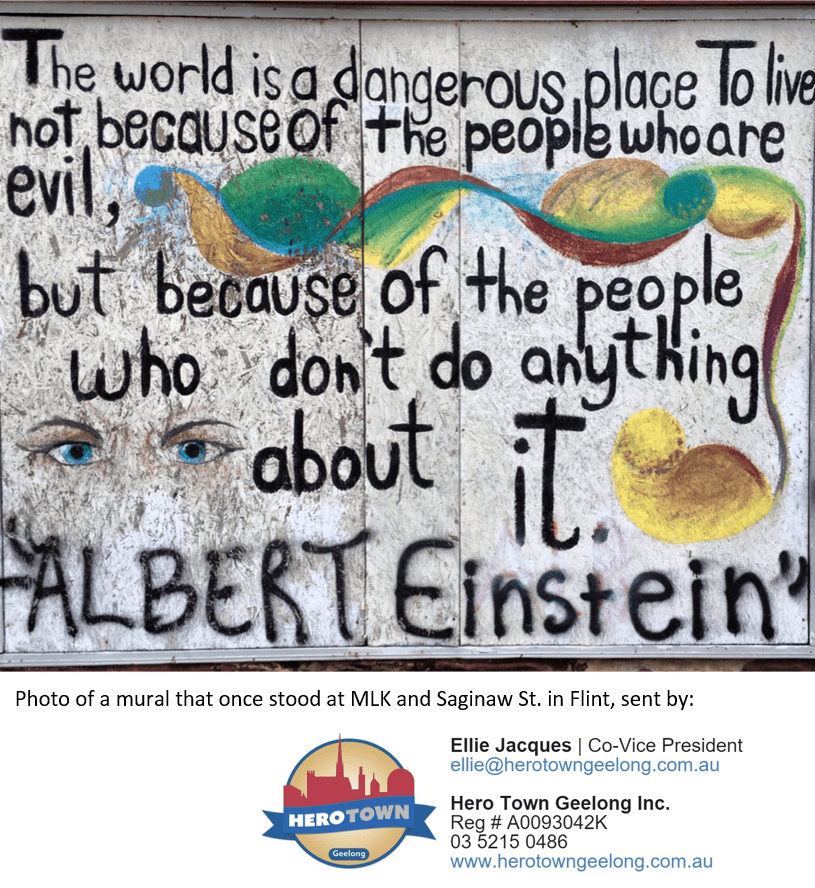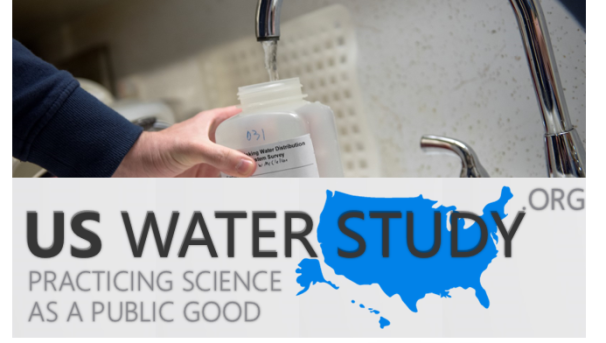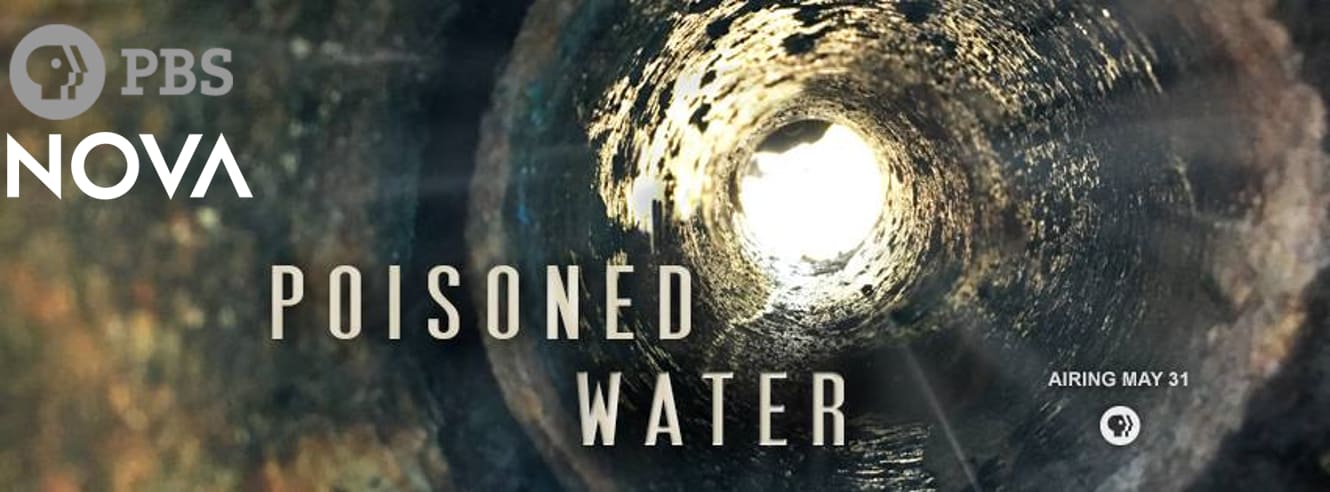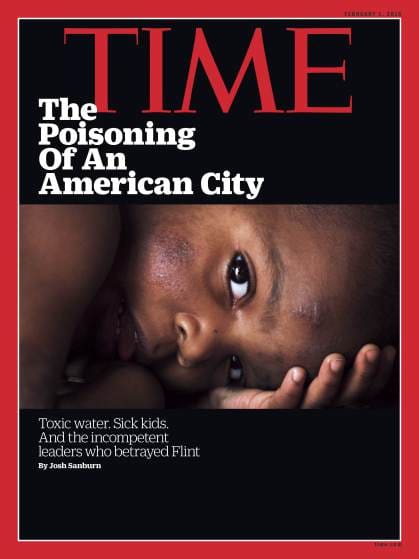U.S. Water Study Research
Engineers shall hold paramount the safety, health, and welfare of the public – The First Canon of Civil Engineering
Our research team, in partnership with citizen scientists, was instrumental in uncovering the Washington D.C. and Flint water crises. Through establishment of United States Water Study, led by Dr. Marc Edwards, Dr. Amy Pruden and Ms. LeeAnne Walters, our mission is to support collaborative research between scientists, affected residents, and other stakeholders in order to address infrastructure inequality, water contamination, waterborne diseases and lack of trust, occurring in economically-disadvantaged rural towns and post-industrial cities across the U.S. Our vision is to advance science as a “public good,” with scientists directly offering their services to communities most in need, while holding truth-seeking, public safety, health, and welfare paramount.

In the aftermath of Flint, there are widespread fears regarding tap water safety. Even if the vast majority of American tap water is relatively safe, which we believe is the case based on available scientific evidence, perception has become reality for too many consumers. Many Americans are buying bottled water and/or filters because they cannot trust the safety of their water, whether from a public utility (e.g., Plainfield Charter Township, MI, Ranger, TX, and Enterprise, LA) or from private wells. Fear, unwarranted or not, creates stress, opportunities for financial exploitation, and an unreasonable financial burden on some of our most vulnerable citizens. Our team is dedicated to working in collaboration with consumers and disadvantaged communities to seek and communicate the truth about water quality and safety.
We define success as follows:
a) We find that water meets scientifically-defensible safety standards, which can justifiably allay fears of concerned communities, or
b) We discover problems, which may trigger public education, new treatments or possibly external financial assistance (e.g., St. Joseph’s, LA)
In either case we believe that the outcome supports science as a “public good.”
Our work in Flint and St. Joseph's helped justify hundreds of millions of dollars in relief funding from private, state and Federal sources. It cannot be emphasized enough that these victories, hard fought and against long odds, were only won through collection of sound scientific data and reason. It is also important to recognize that in most of our work, our test results support the findings of city, towns and state agencies, which offer great reassurance to residents. All of us on the U.S. Water Study Team were gratified, when crowdsourced funding mostly reimbursed in our out-of-pocket expenses incurred in Flint, which is now allowing us to continue this type of work in other communities. As environmental engineers, we aspire to “saving <human>kind from itself” and seek the truth using sound science and expertise built through decades of experience working with consumers on water issues. We also hope that our work creates a new funding model and inspires a new generation of engineers to conduct science as a public good.

If you like what we have done, and are doing, to deal with water problems across America, consider donating to our efforts! The following exemplifies what we can do for different levels of donations:
$20 – “Test One Home” Subsidized citizen water sampling kit for chemical contaminants (See example here)
$100 – “Water Quality Overview” “Test One Home” (above) and Expert survey of potential water problems in a community (literature survey, public records, review documents using Freedom of information Act and other sources)
$1,000 - "Lead and Legionella" “Water Quality Overview (above) + In-depth evaluation of chemical and microbiological contaminants in four representative locations of a water system
$10,000 – “Community Outreach and Evaluation” “Lead and Legionella” (above) + Preliminary investigation of a town/city’s water system and support for team travel (e.g., our current work in Denmark, SC)
$100,000 – “Flint-level Intervention” Exhaustive independent evaluation of a public water supply similar to our Apr-Dec 2015 collaborative work with Flint residents; may include field sampling (chemical contaminants, disinfection byproducts, fecal and opportunistic pathogens), laboratory experiments, travel for sampling team, interviews and collaborations with local communities, FOIA internal documents and records, pay outside technicians, etc. (see rough accounting of expenses incurred in Flint here)
With gratitude,
The Virginia Tech U.S. Water Study Team (www.uswaterstudy.org)

Exemplar coverage of our work (700+ features, including television, print and online):




